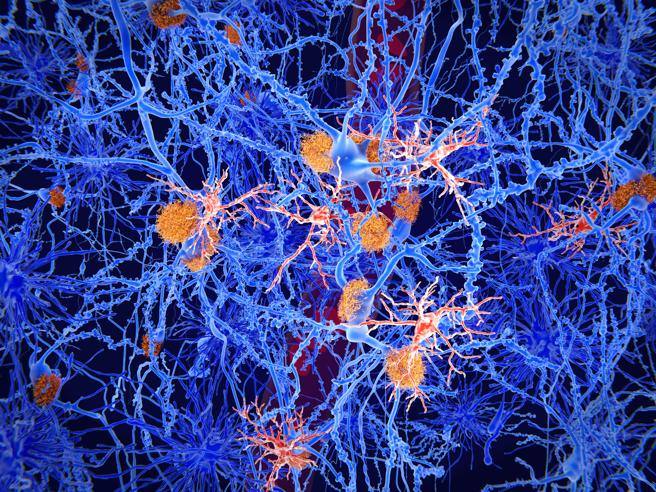The team of researchers has discovered that Kibra is necessary for synapses to form memories. Tracy, senior author of the study, explains, “We are trying to reverse the brain damage caused by Alzheimer’s to restore memory.”
At a brain level, Kibra is primarily located in synapses. Research has shown that Kibra is crucial for synapses to “build” a memory, and scientists have found that this protein is deficient in the Alzheimer’s diseased brain.
Grant Kauwe, co-first author of the work, says, “We wondered how lower levels of Kibra would influence the exchange of signals within synapses.” “We have identified a mechanism that could be used to repair synaptic function,” he emphasizes, “and now, based on this, we are trying to develop a therapy.”
Not only that, Tracy highlights, “We have also found a surprising correlation between the increase in tau levels and the increase in Kibra levels in the cerebrospinal fluid.” A “surprisingly strong” relationship, she points out, “that proves the role of Kibra in influencing tau in the brain.”
This is a finding that researchers are delving into, hoping that Kibra can be used as a “biomarker of synaptic dysfunction and cognitive decline, useful for diagnosis, treatment planning, and monitoring the progression of Alzheimer’s and the response to therapy.” It has emerged that Kibra “can reverse the memory deterioration associated with this type of dementia” because it “saves the mechanisms that promote synaptic resilience.”
According to Kristeen Pareja-Navarro, co-first author of the study, “It is interesting to note that Kibra restored synaptic function and memory in mice with dementia, even without resolving the problem of toxic tau protein accumulation.” “Our work,” states Pareja-Navarro, “supports the possibility that Kibra may be used as a therapy to improve memory after its deterioration has begun, even if the toxic protein, beta-amyloid, or tau, remains at the root of the damage.”
It should be emphasized, however, that the research is still in the pre-clinical stage, and even though the data seems promising, it takes time to reach any human trials, and unfortunately, it’s not always possible. However, combined with other treatments already developed or those that will come in the future, “therapy with Kibra to repair synapses could be valuable,” emphasize the authors.
*Corriere della Sera is also on WhatsApp. Just click here to subscribe to the channel and stay updated.
* February 2, 2024 (edited February 2, 2024 | 18:02) © REPRODUCTION RESERVED.
